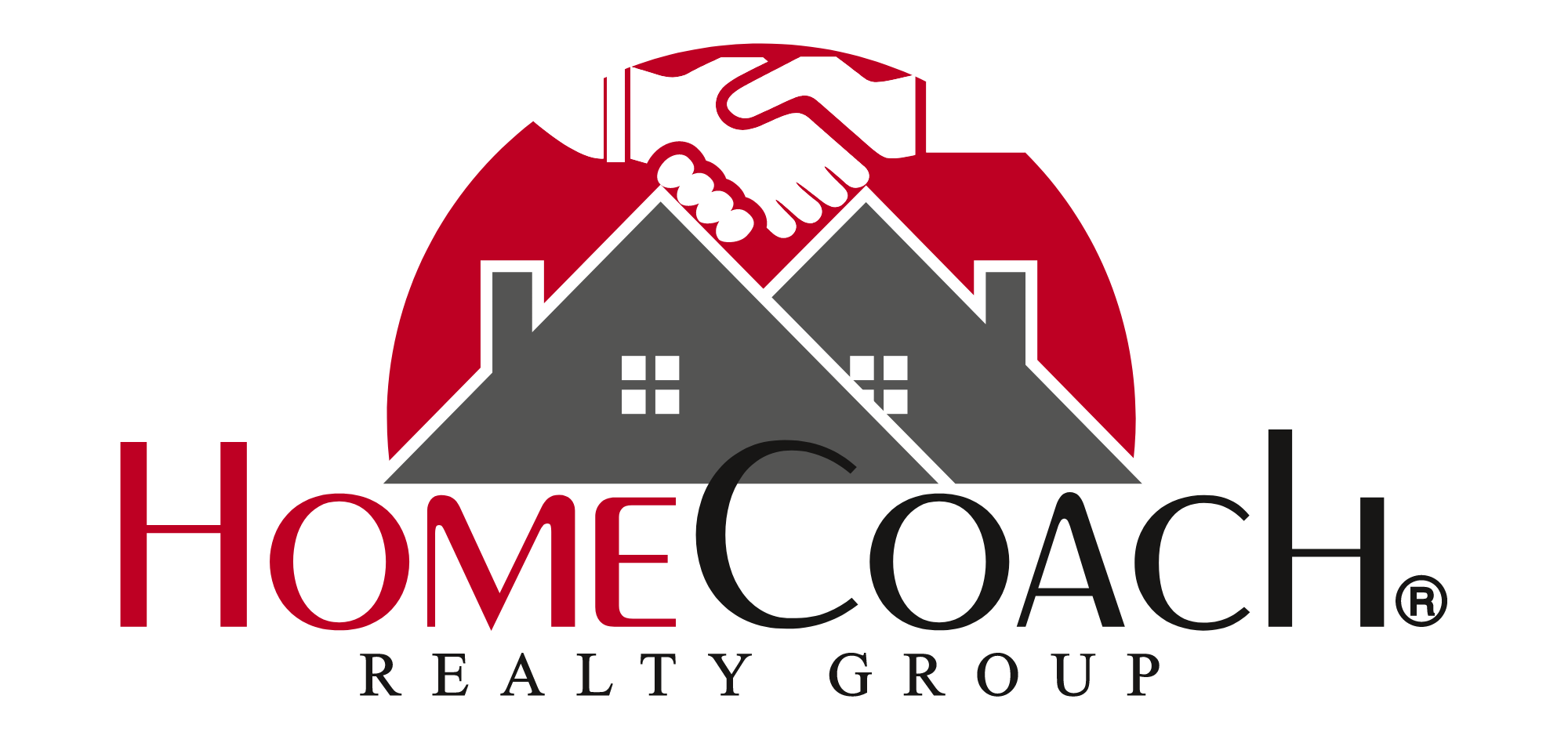When COVID-related shutdowns began in March, real estate brokers scrambled to respond to the shift and homeowners debated whether or not to put their houses on the market. What followed was a period of unprecedented demand in the U.S. real estate market, which ended the year with increasing average home prices and shrinking days on market.
You may be wondering whether the good times can continue to roll on. If you’re a homeowner, should you take advantage of this opportunity? If you’re a buyer, should you jump in and risk paying too much? Below we answer some of your most pressing questions.
How is today’s market different from the one that caused the 2008 meltdown?
The conditions that led to 2008’s recession differed from those that triggered the current downturn—and this time, the housing market is the source of much of the good news. This is in line with historical patterns, as housing prices traditionally hold steady in the face of recession.
This time banks are better funded, homeowners hold more equity, and economic activity is focused on financial factors outside the housing market. As industries pivoted to work-from-home, early fears of widespread job loss-related foreclosures have failed to materialize. Federal stimulus and the Paycheck Protection Program also helped to offset some of the worst early effects of the shutdown.
Are we facing a real estate bubble?
A real estate bubble can occur when there is a rapid and unjustified increase in housing prices, often triggered by speculation from investors. Because the bubble is (in a sense) filled with “hot air,” it pops—and a swift drop in value occurs. By contrast, the current rise in home prices is based on the predictable results of historically low interest rates and widespread low inventory.
Freddie Mac projects continuing low interest rates throughout 2021, aiding in economic recovery and increasing affordability. This helps offset the effects of high home costs even in markets where real estate might otherwise be considered overpriced. Continuing low inventory should gradually ease as an aggressive vaccination rollout and continuing buyer demand drive more homeowners to move forward with long-delayed sales plans and as new home construction ramps up to meet demand.
Aren’t some markets and sectors looking particularly weak?
One of the big stories of 2020 was the exodus of young professionals and families to the larger square footage and wide-open spaces of suburban and rural markets. However, it appears that speculation about the demise of cities and the condo market was greatly exaggerated.
With the first vaccine rollouts, renters have begun returning to major urban centers, attracted by the sudden rise in available inventory and newly discounted rental rates. And buyers who were previously laser-focused on a single-family home are responding to tight inventory by taking a second look at condos.
How will a Biden administration affect the real estate market?
Projected policy around housing promises to boost the real estate market in many cases. A proposed $15,000 first-time homebuyer tax credit and investments in construction and refurbishment should help to increase affordability and bring eager new home buyers into the market.
Overall, according to most indicators, the real estate news looks overwhelmingly positive throughout the rest of 2021 and possibly beyond. Pent-up demand and consumer-driven policies, along with a continued low-interest-rate environment and rising inventory, should help homeowners hold on to their increased equity without throwing the market out of balance. In addition, the increase in long-term work-from-home policies promises to give a boost to a wide variety of markets, both now and in the years to come.
STILL HAVE QUESTIONS? WE HAVE ANSWERS
While economic indicators and trends are national, real estate is local. We’re here to answer your questions and help you understand what’s happening in your neighborhood. Reach out to learn how these larger movements affect our local market and your home’s value.
CW Ross | Real Estates Broker | Homecoach Realty Group
713-594-7500 | cwross@homacoach.com


